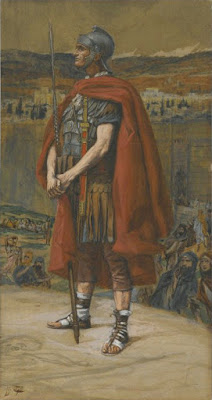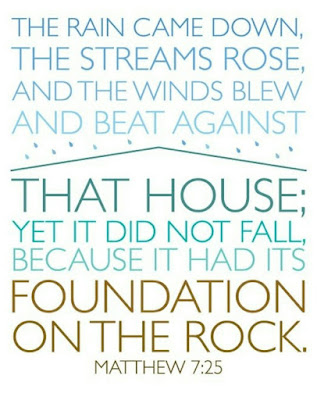The Parable of Canceled Debts

Section 46 JESUS' FEET ANOINTED IN THE HOUSE OF A PHARISEE (Galilee) LUKE 7: 36-50 I'm embarrassed to admit that it's taken me three days to process this incident and that each day, I've had significant bumps in my understanding. The first day, I made out the general outline of events, but I didn't grasp their context. The second day, I asked myself which woman and which anointing are the focus, what is the central point that Christ wishes to convey and to whom? The third day I realized I had assumed too much---the presence of the disciples and of Simon Peter, failing to recognize that this was a different Simon, Simon the Pharisee. I feel obtuse. One disadvantage of reading through the Bible over decades is that its easy to assume I already "know" a text text and to then read it inaccurately. Three days in, the particulars are clearer. I think I'm prone to broadly villainize the Pharisees without differentiation. Simon the Pharisee s








